ECOWAS Summit Addresses Departure of Military-Led States Amid Security Concerns
West African leaders gathered in Abuja to address the departure of Burkina Faso, Mali, and Niger from ECOWAS. The three countries reaffirmed their exit, citing discontent with the bloc’s reliance on France. Their withdrawal, set to take effect in January, poses significant challenges for regional security and trade, as extremist groups grow increasingly active. Furthermore, these nations have created the Alliance of Sahel States, distancing themselves from colonial influences.
West African leaders convened a summit in Abuja over the weekend, focusing on the critical issues regarding security and the departure of three military-led governments from the Economic Community of West African States (ECOWAS). Burkina Faso, Mali, and Niger reiterated their commitment to exiting the bloc, citing concerns about its perceived allegiance to historical colonial powers, specifically France. This withdrawal could significantly disrupt trade, free movement, and security collaboration amid escalating threats from extremist groups across the Sahel region.
Senegalese President Bassirou Diomaye Faye participated in the summit as a mediator appointed by ECOWAS, expressing optimism about dialogues with the breakaway governments. He emphasized the necessity of maintaining relations, especially in light of a deteriorating security landscape. The regulations of ECOWAS dictate that the departure of the aforementioned nations will become official one year following their declaration, expected to materialize in January.
In addition to this development, the three states have established their own coalition, known as the Alliance of Sahel States (AES), aligning themselves away from France and toward Russia. The trio declined to attend the Abuja summit, though they had convened for a separate ministerial meeting on the eve of the summit in Niamey, reaffirming their intent to withdraw from ECOWAS, which they deem necessary for the welfare of their populations.
The recent political climate in the region has been tumultuous, with Mali, Burkina Faso, and Niger experiencing military coups and ongoing jihadist insurgencies. ECOWAS member Guinea is similarly under military governance following a coup in 2021. Tensions escalated when ECOWAS threatened military intervention regarding a coup in Niger last July, further complicating relationships within the bloc.
Efforts to mediate the situation continue, with Togo’s President Faure Gnassingbé also engaged in dialogue. Earlier actions by ECOWAS included sanctions on Niger, although some restrictions were lifted in hopes of rekindling negotiations. Security cooperation discussions have also been underway between Nigeria and Niger to enhance military communication and collaboration against regional threats. The political instability across the region remains a major challenge for ECOWAS’s objectives and the security dynamics in the Sahel.
The Economic Community of West African States (ECOWAS) is a regional political and economic union, comprising 15 West African countries. Its primary aims include promoting economic integration, stability, and cooperation among member states. Recently, the bloc has faced significant challenges due to military coups in member nations and rising jihadist violence. The departure of Burkina Faso, Mali, and Niger represents a crucial disruption in ECOWAS, affecting regional trade and security cooperation amid growing tensions between member countries and ex-colonial influences.
In summary, the ECOWAS summit highlights significant regional challenges as Burkina Faso, Mali, and Niger formalize their exit from the bloc, citing dissatisfaction with ECOWAS’s operations and historical ties to France. The potential ramifications of their withdrawal could threaten stability, free trade, and security cooperation within the Sahel, further complicating ECOWAS’s mandate amid a backdrop of military governance and insurgency. Continued mediation efforts will be vital in addressing the evolving dynamics within West Africa.
Original Source: www.voanews.com
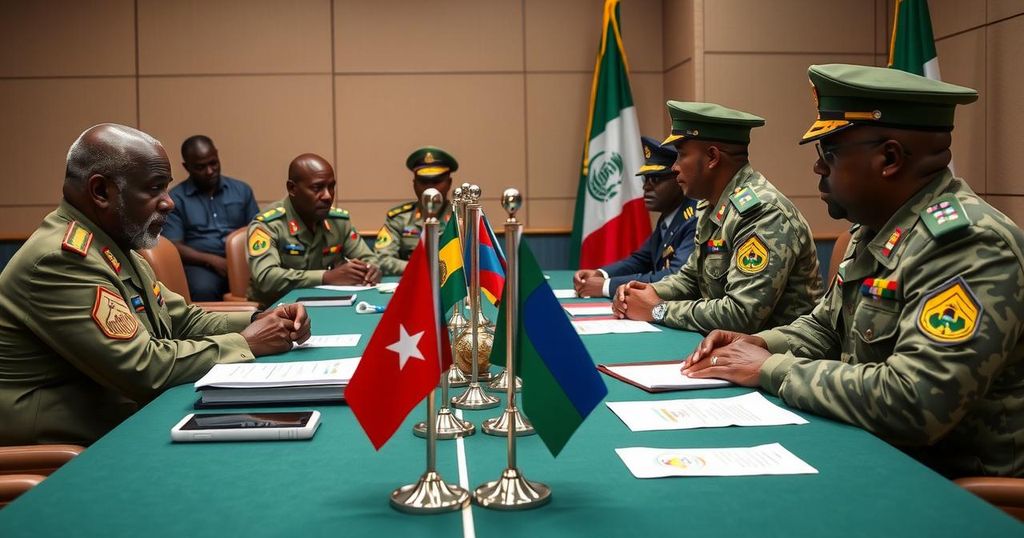
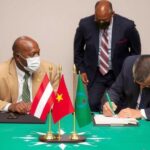
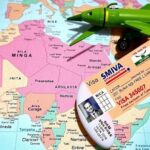
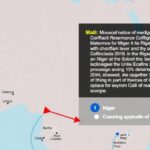
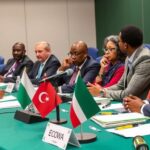



Post Comment